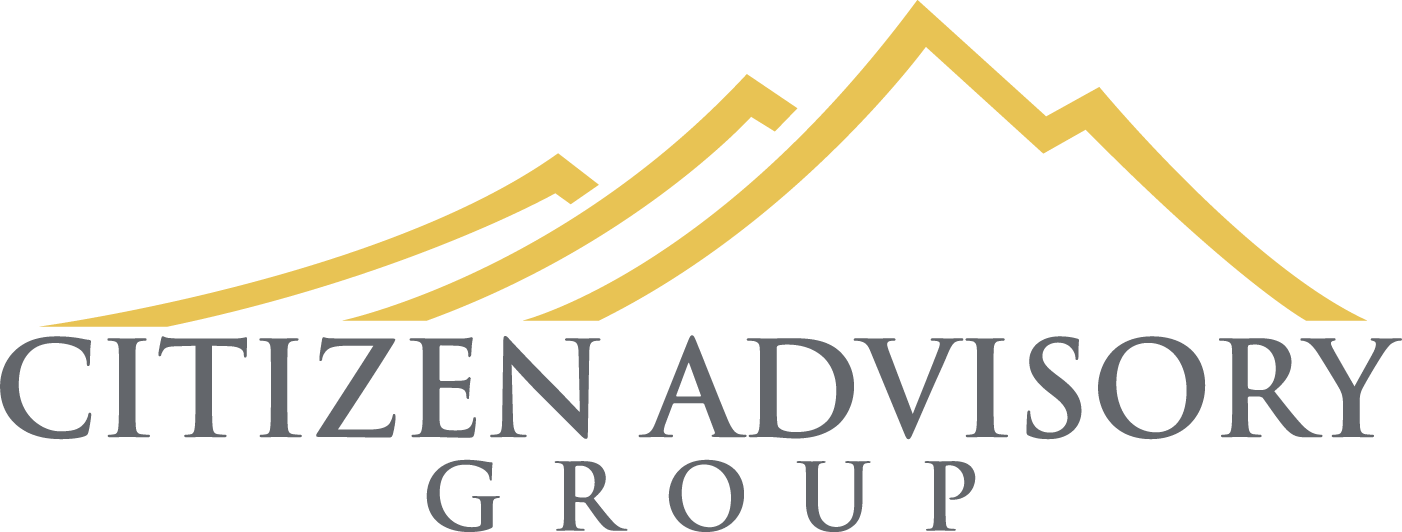What is financial fitness?
It is not just about having a pile of money in a bank account or a fat portfolio of stocks and bonds. Lottery winners often stumble into wealth without having much in the way of financial knowledge.
A beneficiary of a large estate may know very little about financial matters. The same holds for successful college athletes who enter the world of professional sports. In other words, hitting the financial jackpot does not equate to financial fitness.
Without an understanding of the basic fundamentals of personal finance, wealth that is quickly attained can quickly disappear. Paraphrasing from Proverbs 13, wealth from get-rich-quick schemes evaporates; wealth from hard work and diligence grows over time.
We can approach this topic in many ways, but first, let’s broadly define the term financial fitness.
Financial fitness enables you to make good financial decisions because you have developed the skills and knowledge to pursue goals that will enhance your wealth and secure your financial future.
Did you put together a list of resolutions when the year began? Resolutions are broad. They might be akin to a vision statement.
Goals, however, are well defined. They are measurable. They should include an action plan, and they have a time limit.
If I resolve to be healthier in 2024, I may just say that I want to lose weight or work out more often. If I set a goal, I’ll write down the number of pounds I want to shed, a date I’d like to reach that goal, and embark on a program that will help me achieve my goal.
Better yet, I’ll enlist an accountability partner.
We are mindful that we are not personal trainers, but the same general principles that apply to goal setting in other areas of life can also help you achieve financial fitness.
Simply put, financial fitness is a crucial step towards attaining financial security and achieving your financial objectives, whether they are short-term or long-term in nature.
7 steps to a more secure financial future
1. Set goals. If you don’t know where you are going, you won’t get there. It’s that simple.
2. Where does your money go? You’ll never get a true handle on your finances if you don’t track your cash outlays. You know what your monthly mortgage is. But how much do you spend on restaurants, entertainment, fun, clothing, etc.? Do you budget for home and auto repairs or an upcoming vacation?
You might be surprised by what you uncover after tracking cash outlays for two or three months.
3. You want money at the end of your month. A key principle of understanding financial fitness includes the concept that wealth accumulation isn’t a secret that has been unlocked (or can only be unlocked) by the wealthy.
Squirreling away savings involves living within our means and keeping our expenditures in check. If you find that you typically have “month at the end of your money,” you can’t save. Those who are financially fit understand this principle.
4. Manage debt; get out of debt. Let’s come up with a strategy that eliminates high-rate credit cards and personal loans. We recognize that debt can be used judicially for purchasing a home, home improvement and autos.
But debt can also be an unwanted burden that interrupts shorter and longer-term financial goals. Paraphrasing from Proverbs 22, the borrower serves the lender.
5. Set it and forget it. Set up automatic transfers into savings, retirement, or for various goals you may have. Get into the habit of saving today, even if the steps you initially take are small.
Upon mastering the initial five concepts, you will have the knowledge, skills, and tools necessary to increase your chances of success in achieving your financial goals.
6. Invest, but not simply for the sake of investing. Why do you want to save money? Do you want an emergency fund, a vacation fund or a “my car is broken and needs repairs” fund? Are you saving for a home, retirement or your child or grandchild’s education?
The “why” is what drives you to overcome procrastination. It helps prevent you from drifting away from your carefully crafted plan. When obstacles arise, and they will, the “why” keeps you on the path. Without a “why,” it’s much easier to enjoy life’s pleasures today, even if it creates nagging worries about the future.
A well-diversified investment plan to which you automatically contribute every month keeps you on track toward your financial goals. Start small and adjust upward on a regular basis. You’ll be surprised at how quickly you progress.
Don’t worry too much about short-term performance and volatility. Let us help you create a plan and regularly review it, making adjustments as needed based on your goals and situation.
7. Seek assistance. There’s no shame in reaching out when you are outside your area of expertise. Understanding and utilizing core financial principles and best practices for saving and investing are crucial for financial fitness.
Sourced in part from the CFA Institute



